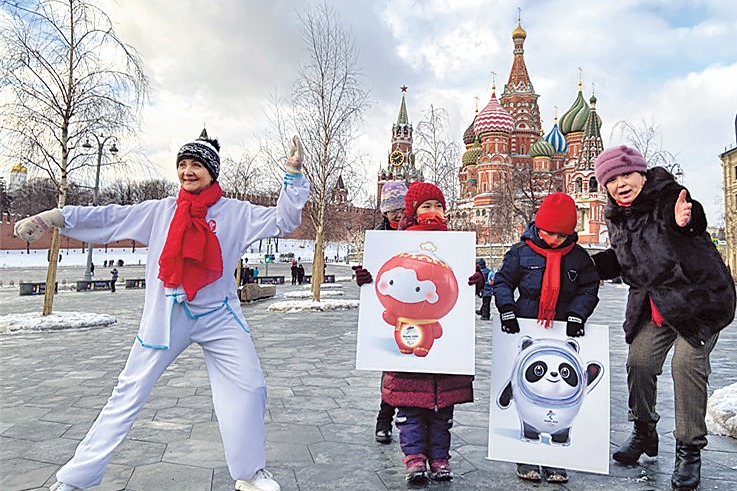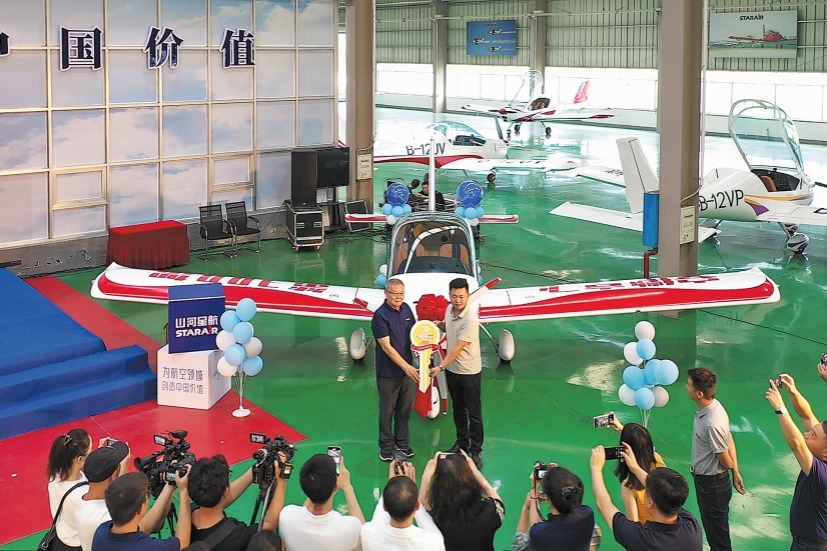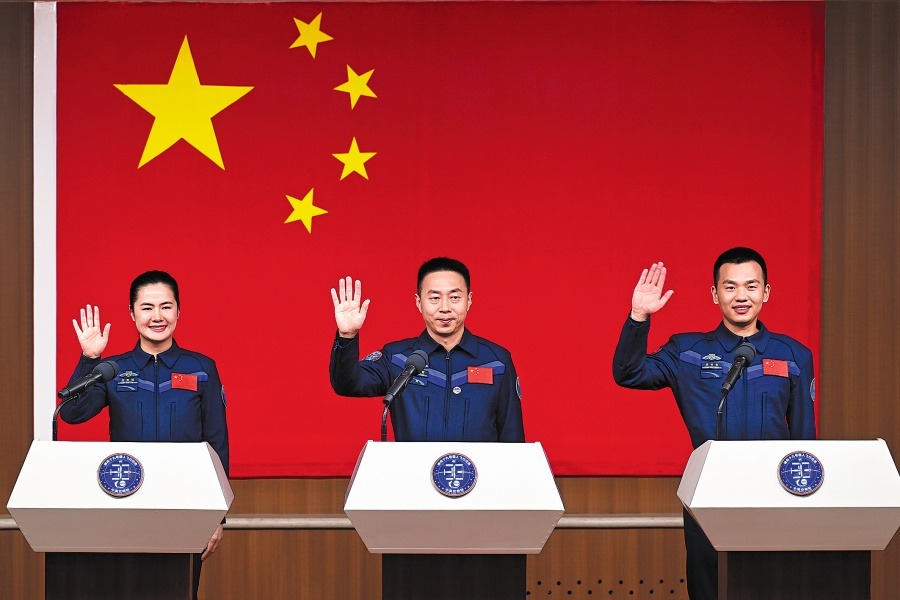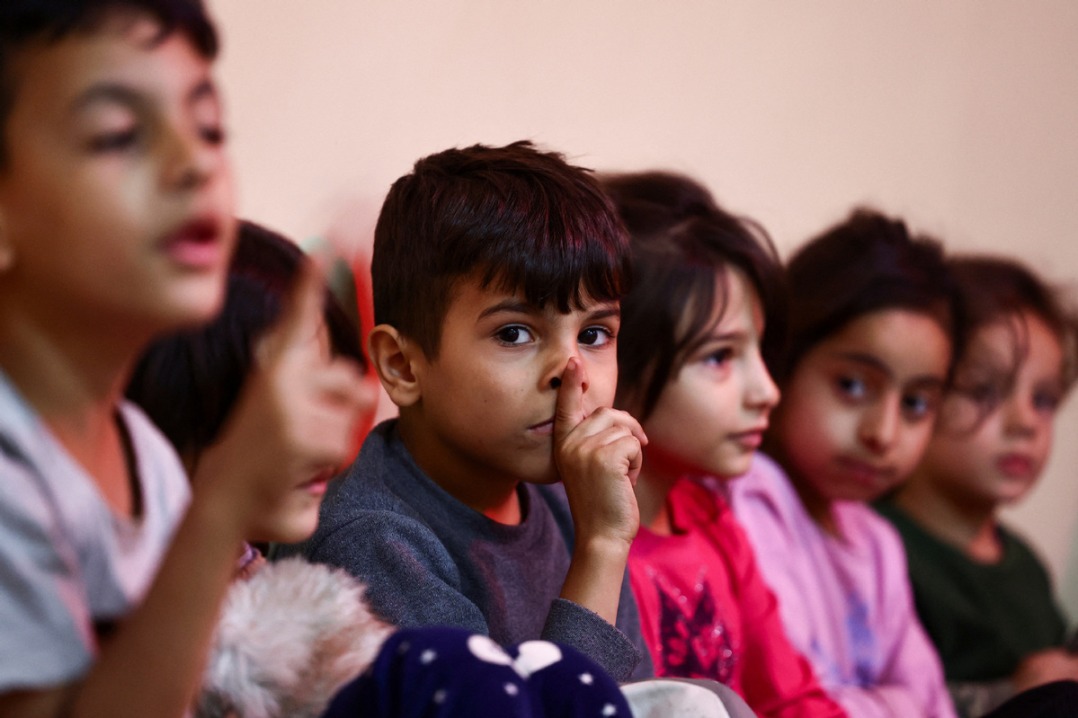Introducing France to China, word by word
By YANG YANG | China Daily Global | Updated: 2024-10-31 08:43
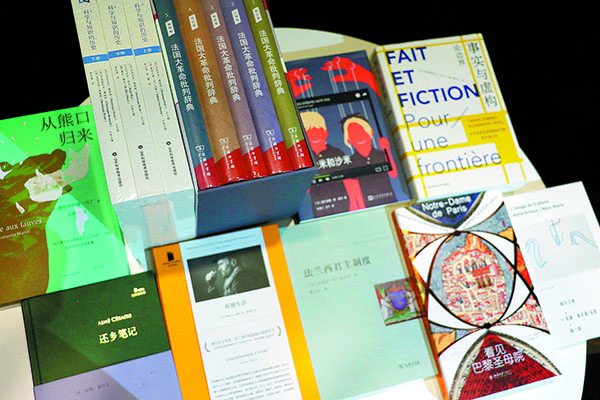
The 16th edition of the Fu Lei Translation and Publishing Prize will be held on Nov 30 and Dec 1 in Beijing. The event is part of the cultural activities commemorating the 60th anniversary of diplomatic relations between China and France, Nicolas Pillerel, minister counselor for culture, education and scientific affairs at the French embassy in China, announced during a news conference on Oct 24.
Established in 2009 by the French Embassy in China and French-speaking Chinese intellectuals, including Dong Qiang, author, translator and professor of French literature at Peking University, the Fu Lei prize is awarded for the translation of French books into Chinese, and also promotes the dissemination of these translations.
Supported by intellectuals, including Nobel laureates in literature Jean-Marie Gustave Le Clezio and Mo Yan, the prize acknowledges the crucial role of translators as conveyors of words, as well as their role in bolstering cultural exchange between France and China.
The prize is given in three categories — "Literature", "Essay", and since 2013, the "Young Shoots" category to encourage the next generation of translators.
"We are aware that without the participation and involvement of young people, and without the emergence of outstanding young translators, the translation industry will inevitably face a talent gap," says Dong.
This year, 47 titles are competing for the Fu Lei prize, with 28 in the "Essay" category and 19 in the "Literature" category. Notably, 42 of the 60 translators were born after 1980.
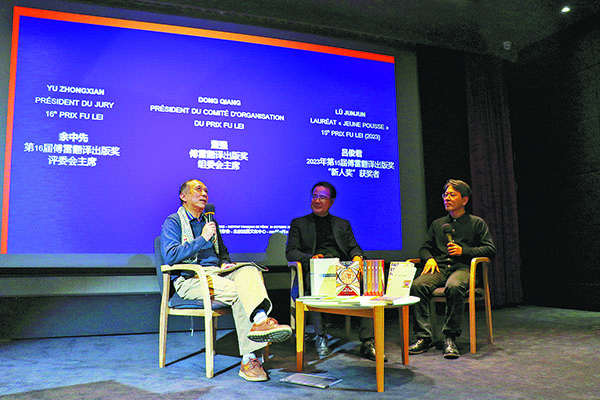
Yu Zhongxian, chairman of the jury this year, says that the finalists are younger than those in previous years, and a majority are women.
In the "Essay" category, the original versions of some of the translations are lengthy, difficult books on which multiple people worked to complete the translation.
In the "Literature" category, translations cover an impressive array, including not only books from the last century, but also those that reflect the contemporary lifestyles of young people in France.
Yu says that, given the increasing variety of books introduced in recent years, there is a need for younger publishers to discover them, and for younger translators to translate them.
Ten books — five about social sciences and five literary titles — made it to the final list and the winners will be announced in Beijing on Nov 30.
The finalists include Francois Furet and Mona Ozouf's A Critical Dictionary of the French Revolution, Delphine de Vigan's novel Children Are Kings, which addresses the pitfalls of social networks, Dany Sandron's Notre-Dame de Paris: History and Archaeology of a Cathedral, and Nastassja Martin's In the Eye of the Wild, which explores the relationship between humans and nature. These books demonstrate the diversity and vitality of French-to-Chinese translations today.
Since 2013, China has been the largest buyer of French copyrights abroad. Last year, 1,383 contracts were signed between French and Chinese publishers.
"The enduring appeal of French literature and thought is inseparable from the contribution of translators, and we should be grateful for their work. For this reason, we place great importance on supporting translators," says Pillerel.
He says that translators are usually obscure like shadows, but that at least once a year, there is a need to "cast the spotlight" on them.
In addition, the French embassy in China financially supports the publishing of at least 30 translations, in addition to translation training programs to nurture more young talent.
This year marks the 60th anniversary of the establishment of Sino-French diplomatic ties, as well as the China-France Year of Culture and Tourism. Pillerel says that the series of activities organized by the French embassy around both themes throughout the year culminates with the prize.







